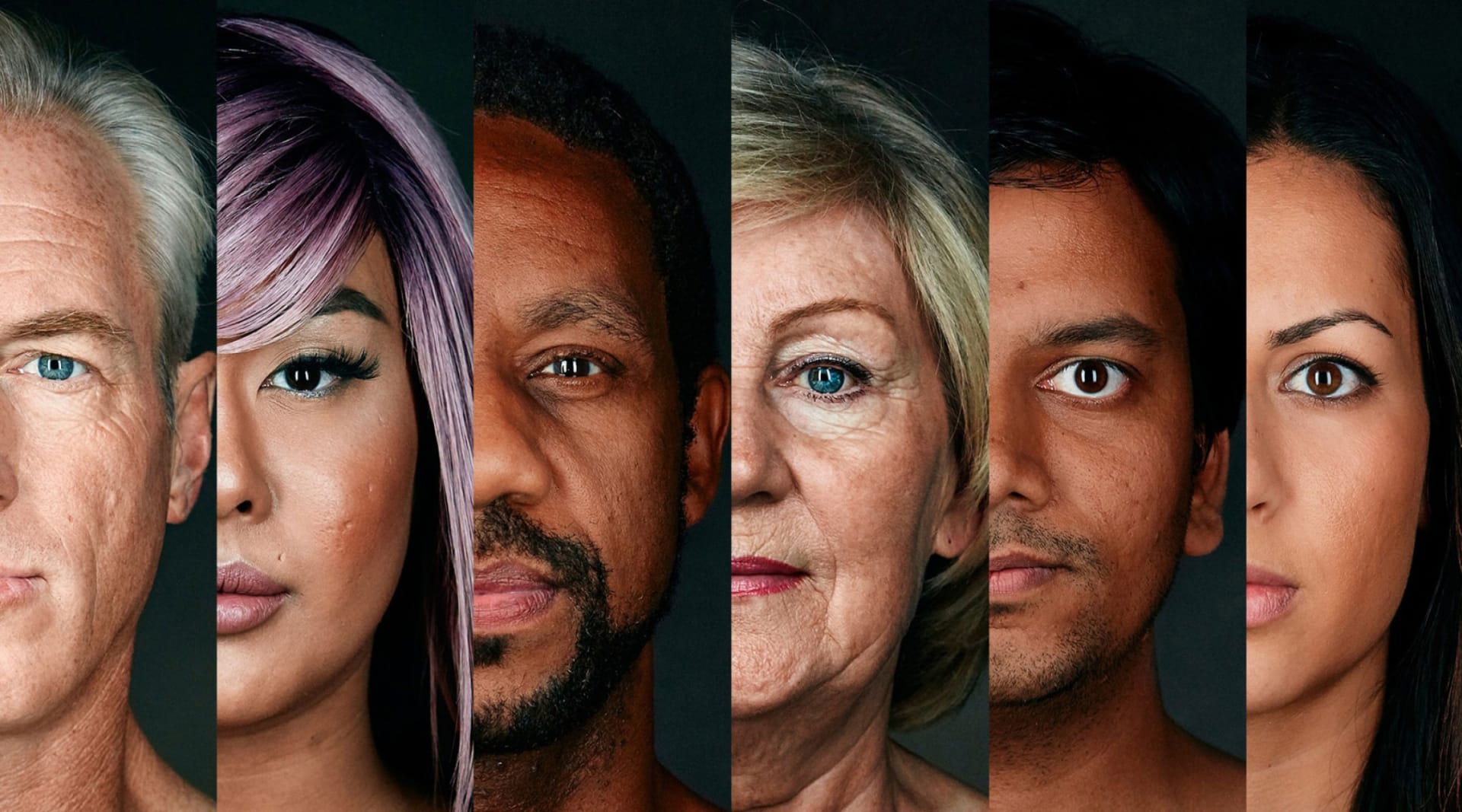Super Bowl LI showed just how thoroughly politics are on the minds of everyday consumers. In fact, it’s possible that the 2017 event was “the most political Super Bowl ever,” as headlines in the Boston Globe, Mashable and elsewhere proclaimed.
Several ads that aired during the Super Bowl this year tackled political issues. While many featured humor or celebrities, those that took on charged topics such as immigration and gender equality grabbed an outsize share of attention. Three of the five campaigns with the most social media engagement (84 Lumber, Audi and Budweiser) had a strong political subtext.
“If you’re not culturally relevant, you’re not relevant—period,” Lesley Bielby, chief strategy officer at ad agency Hill Holiday told the Boston Globe after the game. “And not a day goes by that we’re not having conversations with clients about the political situation. It’s impossible to ignore the shift.”
This year’s Super Bowl viewers were highly attuned to politics, and prone to interpret seemingly any message through their own hyper-polarized lenses. For brands willing to reference politics, this offered a chance to connect powerfully with customers—at the risk of making a visible misstep.
Our recent trend report The Political Consumer examined today’s politicized consumers and offered strategies for brands in the new climate. Below, we look at several key takeaways from the report, as seen in this year’s political ads.
Take a stand
Ads that took a direct stance on an issue fared well overall. Budweiser’s minute-long spot championing the story of its immigrant founder, filmed before the recent immigration tangle, was the most viewed ad of the day according to YouTube data. Although it faced backlash and a boycott threat, Budweiser stands by the results.
“If I look at the figures now, it was for sure the right call,” Ricardo Marques, a vice president of Budweiser, told the New York Times. “We’re excited. The question we’re asking ourselves is, how can we do it again next year?”



